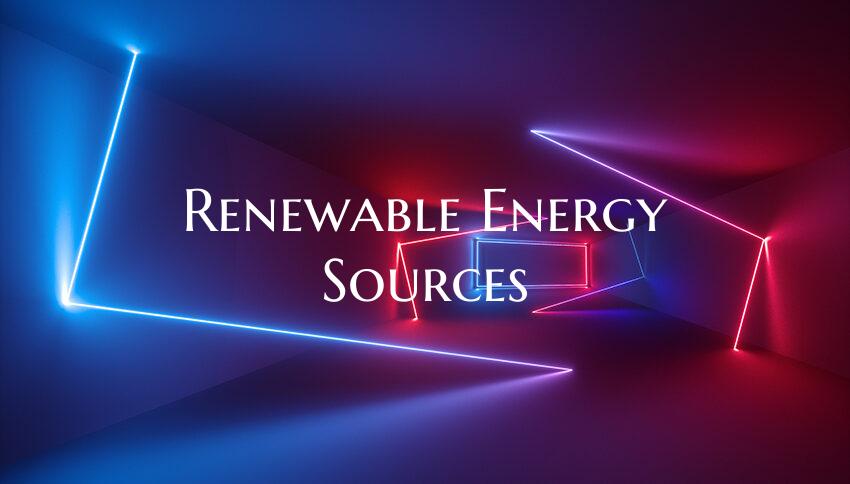Renewable Energy Sources
In the global pursuit of sustainable and environmentally friendly energy solutions, the importance of renewable energy sources cannot be overstated. As the world faces challenges associated with climate change, pollution, and the depletion of finite resources, renewable energy offers a clean and abundant alternative that has the potential to revolutionize the way we power our societies.
Renewable energy derives from natural resources that are constantly replenished, such as sunlight, wind, water, and geothermal heat. These sources are abundant and widely available, making them a promising solution to reduce our reliance on fossil fuels and decrease greenhouse gas emissions.
One of the most well-known forms of renewable energy is solar power, which harnesses the energy of the sun through photovoltaic cells to generate electricity. Solar panels can be installed on rooftops, in solar farms, and even integrated into building materials, providing a sustainable and decentralized energy source.
Wind power is another widely used renewable energy source, with wind turbines converting the kinetic energy of the wind into electricity. Wind farms, located on land or offshore, can generate significant amounts of clean energy and contribute to reducing carbon emissions from traditional power plants.
Hydropower, generated from flowing water in rivers and dams, is a reliable and established form of renewable energy. By capturing the energy of moving water, hydropower plants can produce electricity efficiently and on a large scale, making them a valuable asset in the transition to a more sustainable energy mix.
Geothermal energy taps into the heat stored beneath the Earth's surface to produce electricity and heat buildings. Geothermal power plants utilize the natural heat from the Earth's core to generate clean energy, making use of a resource that is available 24/7, regardless of weather conditions.
As technology advances and economies of scale drive down costs, renewable energy sources are becoming increasingly competitive with conventional fossil fuels. Governments, businesses, and individuals are investing in renewable energy projects to reduce their carbon footprint, enhance energy security, and create new job opportunities in the growing green economy.
In conclusion, the shift towards renewable energy sources is essential to mitigate the impacts of climate change and secure a sustainable future for generations to come. By harnessing the power of sunlight, wind, water, and geothermal heat, we can create a cleaner, greener, and more resilient energy system that benefits both the environment and society as a whole.

